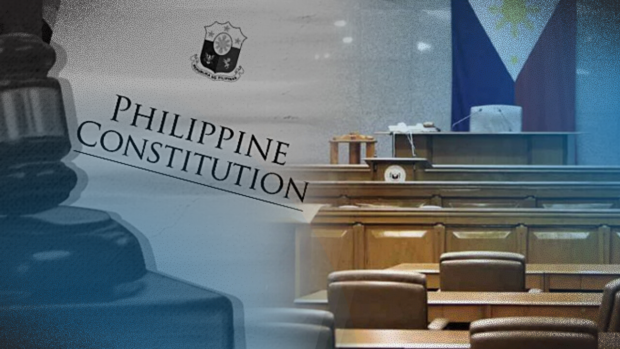
INQUIRER FILE PHOTO
MANILA, Philippines — Is the government now open to amending “outdated” economic provision in the country’s Charter, now that the Philippines and China are set to resume discussions on joint oil and gas exploration in the West Philippine Sea?
Senator Robinhood Padilla on Thursday pondered this as he expressed that the resumption of talks is a “very good step,” but noted that the 1987 Constitution has limitations that keeps the country “from achieving a satisfactory agreement.”
“For so many times, the limitations in our Constitution have been an issue in discussions on oil and gas exploration,” he said in a statement.
“Thus, with the upcoming resumption of the talks, does this mean our DFA (Department of Foreign Affairs) is open to amending outdated economic provisions of our Charter, particularly Sec. II, Art. XII that states the exploration, development and utilization of natural resources shall be under the full control and supervision of the State?” Padilla added.
The senator also cited the Supreme Court’s decision declaring as unconstitutional the Joint Marine Seismic Undertaking of Philippine, Vietnam and Chinese companies as “another stumbling block” to joint oil exploration talks.
“There is no time to lose. Filipinos have long felt the effects of a shortage of oil: joblessness, lack of sufficient income, and rising transport costs and prices of basic goods,” he said.
“Because of these, I am one with those hoping for the success of the discussions, as well as a solution between the Philippines and China to end the suffering of ordinary Filipinos,” Padilla added.
The DFA earlier said the Philippines and China had set to meet in May for “preparatory talks” on the plan to revive oil and gas exploration discussions.
Talks for the planned joint oil exploration between the Philippines and China in the West Philippine Sea have been completely terminated last year.
Former Foreign Affairs Secretary Teodoro Locsin Jr. said the termination of talks has been the instruction of then President Rodrigo Duterte, citing constitutional constraints and issues of sovereignty.
Padilla, who chairs the Senate panel on constitutional amendments, has proposed amendments to economic provisions of the 1987 Constitution through a constituent assembly.
President Ferdinand “Bongbong” Marcos Jr. earlier said Charter Change is not a priority under his administration, adding that amending the Constitution is not necessary to pull in foreign investments in the country.
The House of Representatives has approved a resolution calling for a “hybrid” constitutional convention to amend or revise the Constitution.
The lower chamber of Congress has also approved a bill seeking to implement Resolution of Both Houses No. 6, calling for the establishment of a constitutional convention (con-con) to amend the 1987 Constitution.